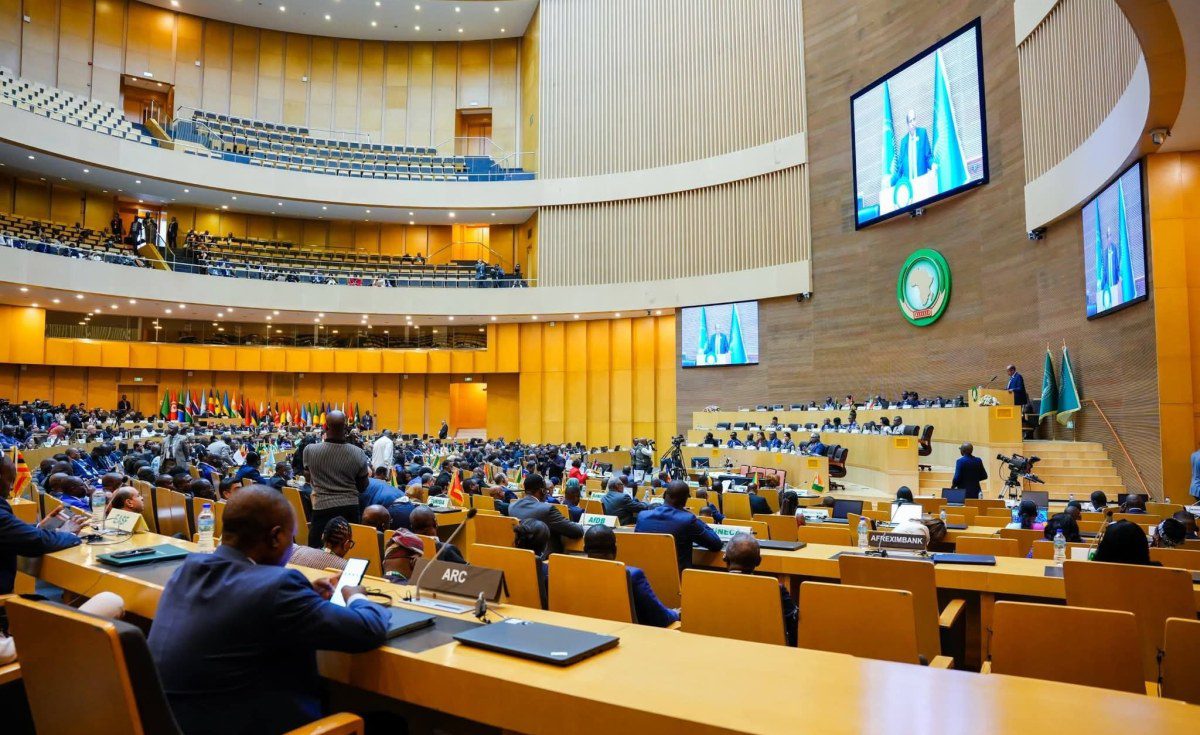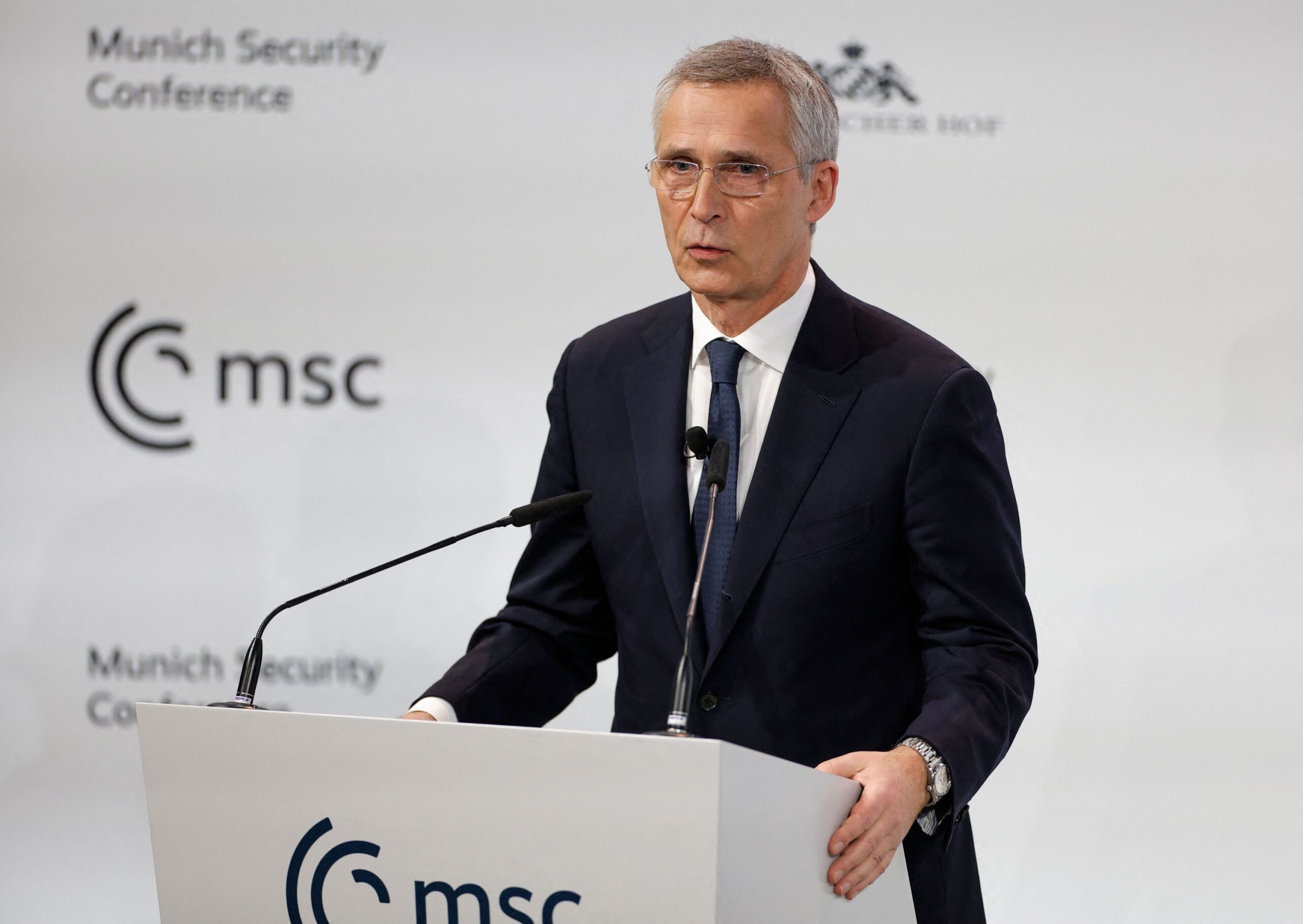Key Impact Points:
- Clarity for Clean Energy Jobs: New rules ensure prevailing wage and apprenticeship standards for clean energy projects.
- Economic and Job Growth: Over 1.5 million jobs expected from the Inflation Reduction Act over the next decade.
- Strong Labor Standards: Encourages partnerships with unions and project labor agreements for compliance.
The U.S. Department of the Treasury and the IRS have announced final rules on prevailing wage and registered apprenticeship (PWA) requirements under the Inflation Reduction Act. These rules are a pivotal part of the Biden-Harris Administration’s Investing in America agenda, aimed at building a skilled workforce to support the growing clean energy economy.
Significant Job Creation
Since the passage of the Inflation Reduction Act in 2022, clean energy projects have projected the creation of over 270,000 jobs, with studies indicating an additional 1.5 million jobs in the next decade. Secretary of the Treasury Janet L. Yellen remarked, “Treasury’s final rules ensure we have skilled workers ready to take advantage of the jobs being created by these historic investments.”
Enhanced Worker Benefits
Acting Secretary of Labor Julie Su emphasized the tangible benefits these rules bring to workers, stating, “This rule will ensure these tax breaks are providing real, tangible benefits to workers in communities across the country.” The rules mandate that taxpayers who meet PWA requirements can claim increased credits, incentivizing fair wages and robust apprenticeship programs.
Nationwide Impact
From Oregon’s Wheatridge Renewable Energy Facility to Wisconsin’s union agreements for utility-scale solar and wind projects, these rules are set to benefit workers across the nation. Secretary of Energy Jennifer Granholm highlighted the broad impact, noting the creation of “good paying jobs, future-facing careers, and the pride of making goods stamped ‘Made in the U.S.A.’”
Change the World - Subscribe Now
Strong Labor Standards and Compliance
John Podesta, Senior Advisor to the President for International Climate Policy, stated, “Meeting strong labor standards and building partnerships with unions will now be the norm for clean energy projects.” The final rules, developed in collaboration with the Department of Labor, ensure that clean energy jobs provide fair wages and training opportunities, fostering a high-quality workforce.
IRS and DOL Collaboration
The IRS is committed to enforcing compliance with these new rules, dedicating significant resources to promote adherence. A Memorandum of Understanding between the IRS and DOL will facilitate joint education, outreach, and enforcement efforts. Additionally, the IRS will provide a new PWA Fact Sheet to help developers and workers understand and meet the requirements.
Encouraging Project Labor Agreements
Treasury and DOL are encouraging the use of project labor agreements to ensure compliance with PWA requirements. Deputy Secretary of the Treasury Wally Adeyemo and Acting Secretary of Labor Julie Su have underscored the importance of these agreements in a co-authored blog post, emphasizing their role in facilitating compliance and supporting high labor standards.
Final Rule Details
The final rules incorporate feedback from over 300 public comments and streamline compliance by:
- Requiring DOL to determine prevailing wage rates consistent with the Davis-Bacon Act.
- Incentivizing practices for contemporaneous compliance.
- Implementing strong recordkeeping requirements.
- Guaranteeing no penalties for projects with qualifying labor agreements.
- Clarifying apprenticeship requirements and defining good faith effort exceptions.
These rules are a significant step forward in ensuring that the transition to clean energy is built on a foundation of good-paying, high-quality jobs, reflecting the Biden-Harris Administration’s commitment to workers and the environment.
Related Article: Major U.S. Insurers Make Progress on Climate Disclosures, but Significant Gaps Remain: New Report

 Follow SDG News on LinkedIn
Follow SDG News on LinkedIn











